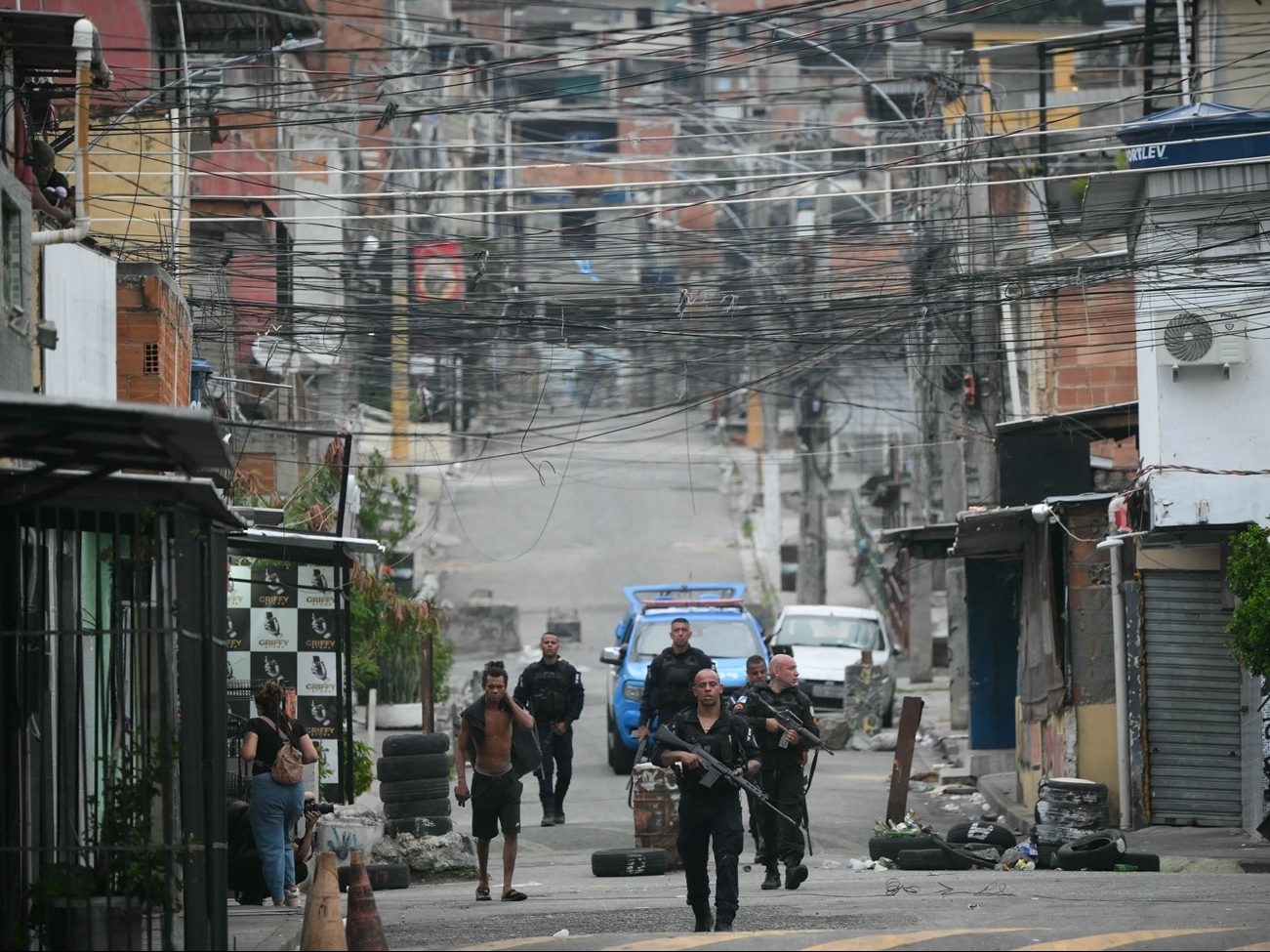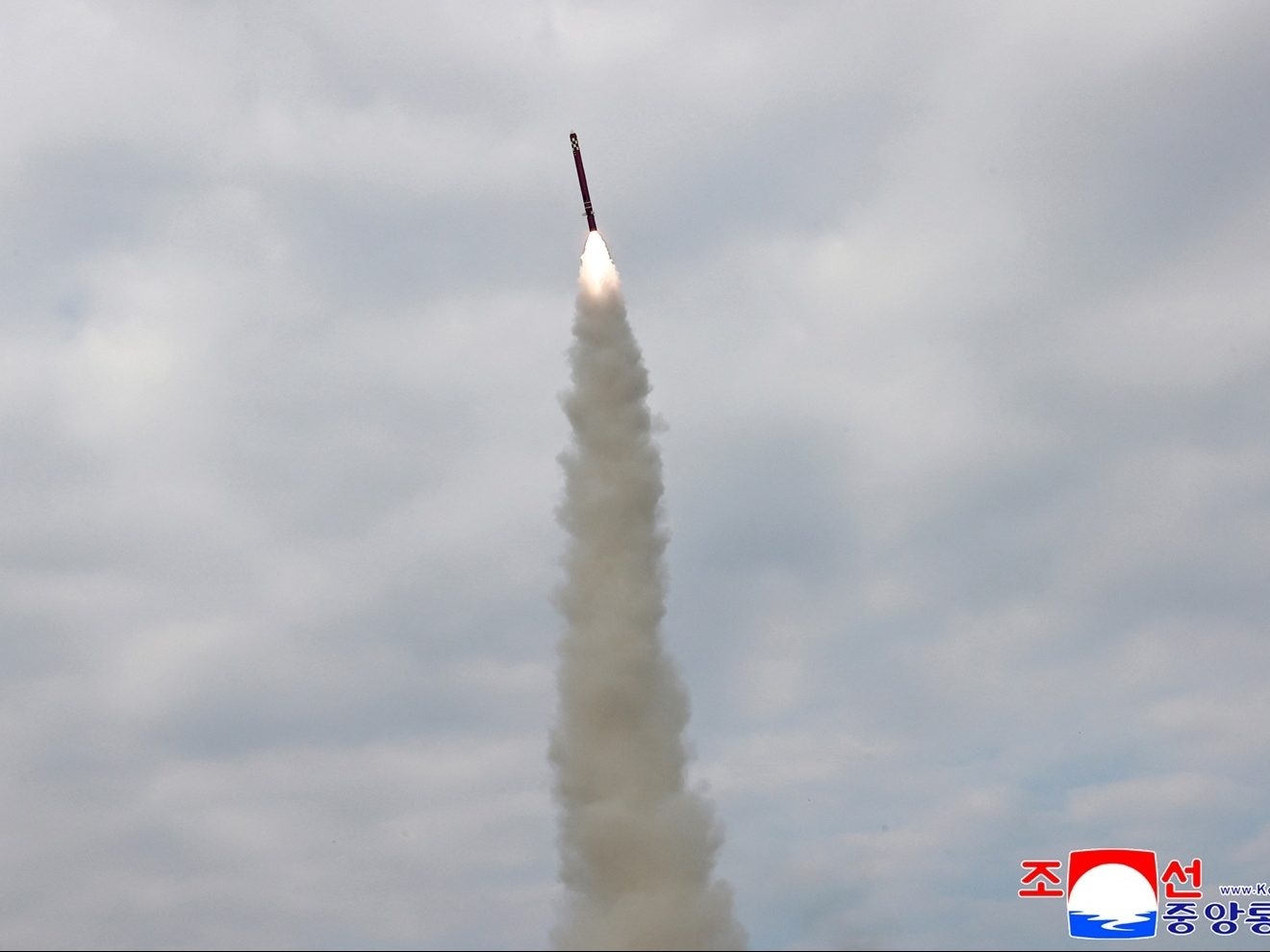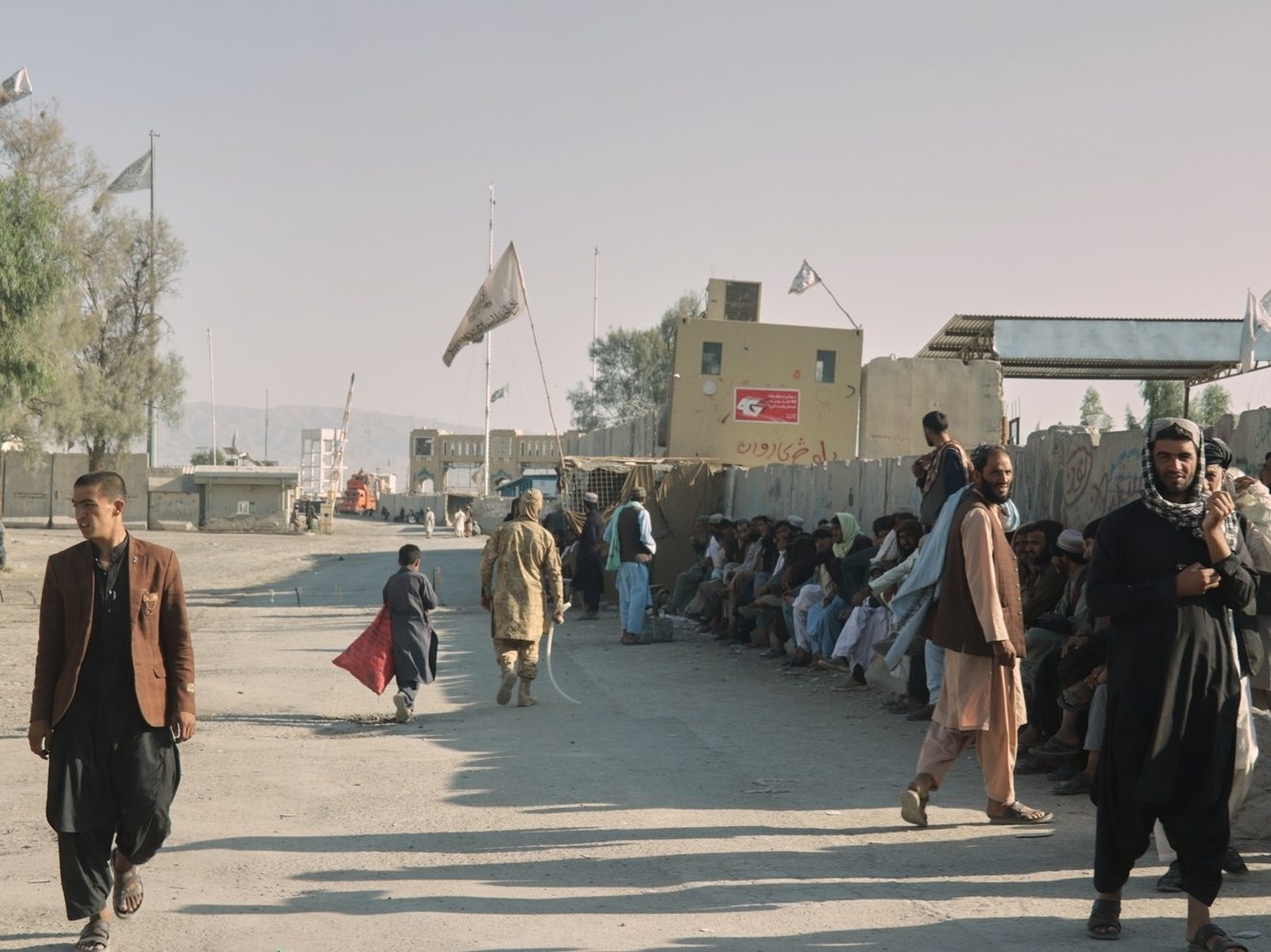Rio de Janeiro erupted in violence Tuesday as a massive police operation targeted the Red Command, one of Brazil’s most notorious drug trafficking gangs. An estimated 2,500 officers and soldiers descended upon the sprawling favelas of Complexo de Alemao and Penha, initiating a confrontation that would leave a trail of devastation.
The operation, utilizing helicopters and armored vehicles, quickly escalated into intense shootouts. Initial reports indicate at least 60 suspects were killed, a staggering number that has ignited a firestorm of controversy and calls for investigation. Four police officers also lost their lives in the clashes, a stark reminder of the risks faced by law enforcement.

The scale of the bloodshed is unprecedented in recent Brazilian history. Experts are describing the death toll as “war numbers,” questioning the effectiveness of a strategy that appears to prioritize immediate confrontation over long-term solutions. The operation followed a year-long investigation, yet critics argue it failed to dismantle the core leadership of the Red Command.
Footage circulating online depicts plumes of smoke rising from the favelas, punctuated by the relentless sound of gunfire. The impact extended beyond the immediate conflict zones, forcing the closure of 46 schools and the cancellation of classes at the Federal University of Rio de Janeiro as students and staff sought shelter.
In response to the raid, suspected gang members erected roadblocks across the city, hijacking at least 70 buses and causing widespread disruption. The city’s transportation system was thrown into chaos, highlighting the gang’s ability to exert control even under intense pressure.
Human rights organizations have expressed outrage, demanding thorough investigations into the deaths and emphasizing the need to uphold international human rights standards. Concerns are mounting that the operation may have resulted in excessive force and a disregard for civilian lives.
The Marielle Franco Institute, dedicated to the memory of a slain councilwoman and advocate for favela residents, condemned the operation as a “policy of extermination,” arguing it disproportionately endangers Black and impoverished communities. The institute’s statement paints a grim picture of daily life in the favelas, where residents are increasingly caught in the crossfire.
This latest confrontation is not an isolated incident. Rio de Janeiro has a long and troubled history of lethal police raids, with similar events occurring in 2005 and 2021 resulting in significant loss of life. However, the sheer magnitude of Tuesday’s operation sets it apart, raising fundamental questions about the future of public safety in the city.




